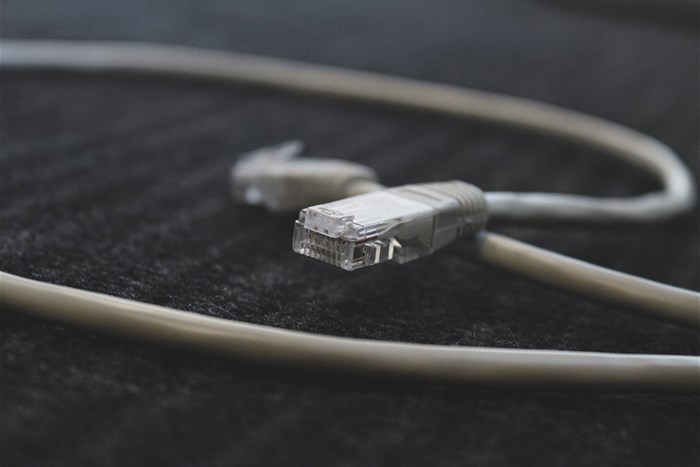The Internet Service Providers' Association of SA (Ispa) has said that it has given a word of caution around fibre network operators (FNOs) allegedly forcing fibre upgrades on consumers. Ispa is an industry representative body representing the interests of more than 220 ISPs. It recently published best practice guidelines for both FNOs and ISPs in South Africa, with the goal of ensuring fair competition and a consistently pro-consumer approach.
Ispa said the following in a statement:
"While upgrades advertising ‘more for the same price’, for example, are indeed good news for most consumers, FNOs shouldn’t assume forced upgrades make sense for everyone.
"In today’s challenging economic climate, not all consumers want (or need) a faster service. Some consumers would prefer to experience the same speed service they previously enjoyed and to simply pay less for it.
"Oftentimes, the faster FNO service comes at the cost of margins ISPs operate on. FNOs can therefore directly influence the financial viability of ISPs and the competitive market which has taken decades to construct.
"A healthy competitive market is beneficial for consumers as market players compete on price and features, trying to offer consumers the best value. FNOs might claim the upgrades are free, however, it can be argued that this is effectively eroding away ISP competition and margins. This could be a path to fostering an environment where vertically integrated FNOs and ISPs cooperate to push out the competition.
"Many ISPs create and offer cost-effective services for consumers on a limited budget, and it is often those consumers who are casualties of forced service upgrades."
Ispa said that a ‘free upgrade’ is not always free to the customer, or the ISP. It explained that for some consumers, an upgrade means replacing existing equipment with higher-performing equipment that can support the faster speed.
"This upgrade could entail a site visit, equipment cost and provisioning downtime. Worse, if a customer isn’t happy with the automatic upgrade, and wants to downgrade back to the same speed as before, many FNOs will charge a fee because the customer has (in their view) now downgraded to a slower service. This practice is unfair and hurts those consumers who are already under financial pressure.
"Ispa acknowledges that competition fosters an environment where consumers obtain better value. Consumers benefit from having an array of ISPs to select from. The practice of forced upgrades has a significantly higher impact on smaller ISPs. This is due to their often limited budget and capacity in provisioning their network for the increased capacity, support and operations for such upgrades.
"Ispa encourages all FNOs to consider the impact of forced upgrades on all their fibre consumers, not only on those consumers who can afford it. If an upgrade is going to be made automatically to any customer’s service, then there must be no charge levied if that customer does not want to take advantage of the forced upgrade and does not want to upgrade.
"FNOs also need to keep in mind that consumers should have the right to choose between getting more for the same price or paying less for the same service.
"While internet access has become a necessity for everyone and is no longer a luxury, many consumers would still welcome the chance to pay less for a service that they have. Due to high mobile data prices, consumers are often forced to use fixed access last mile services like FTTH or ADSL. Should mobile prices drop to similar levels to that of emerging markets like India, consumers could pay around R3,20/GB. This could make mobile data a competitive and viable alternative for consumers," the representative body said.


















































